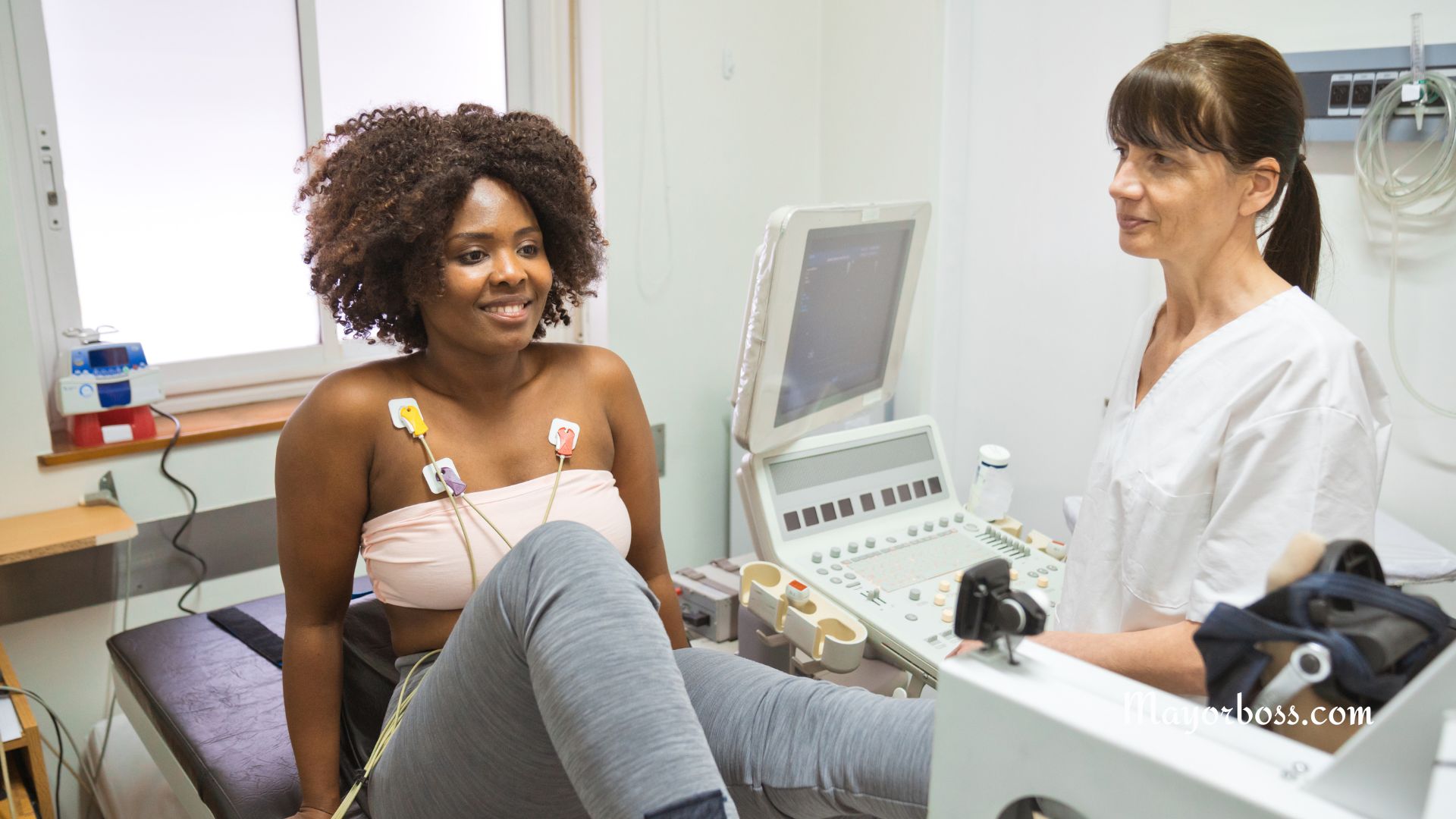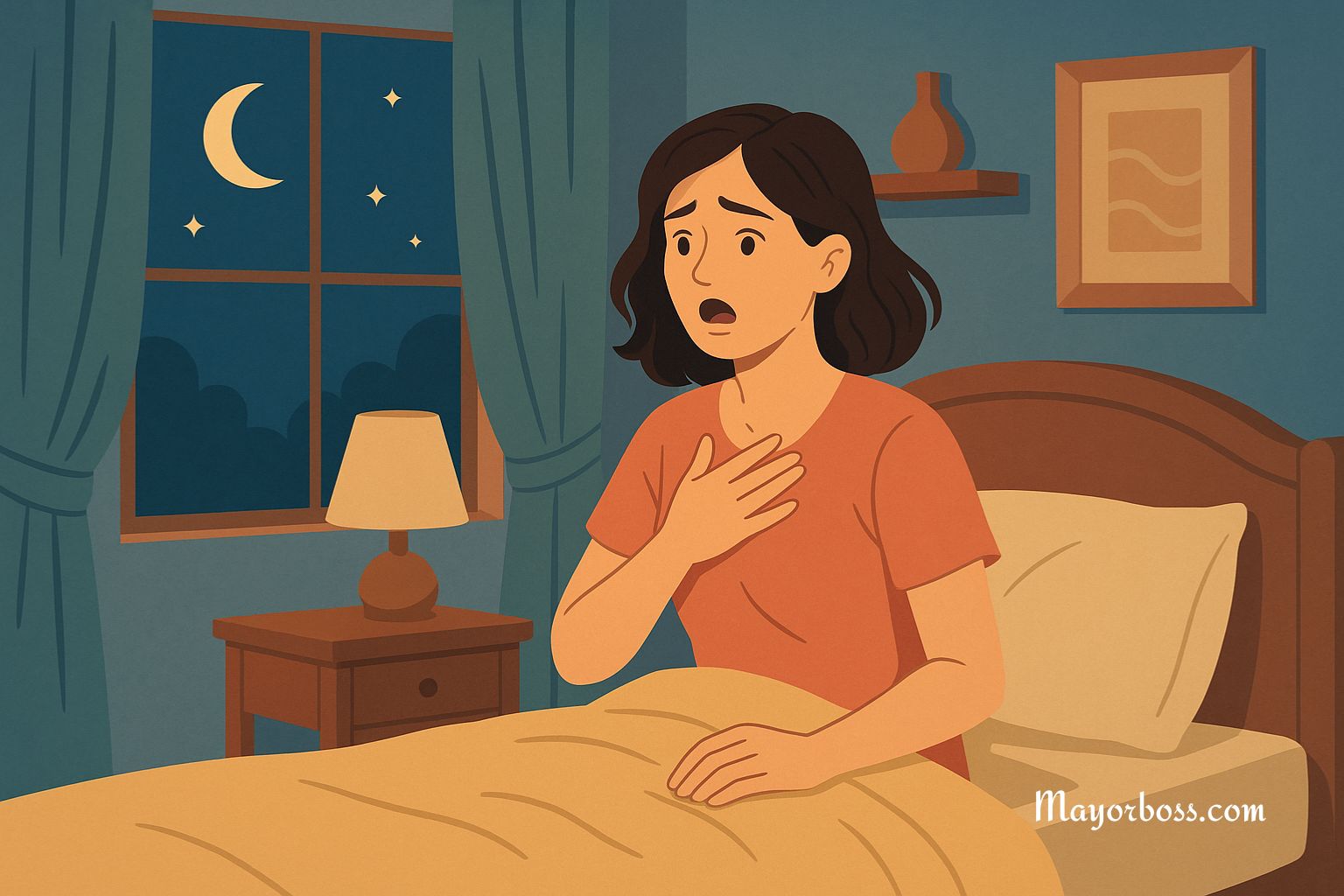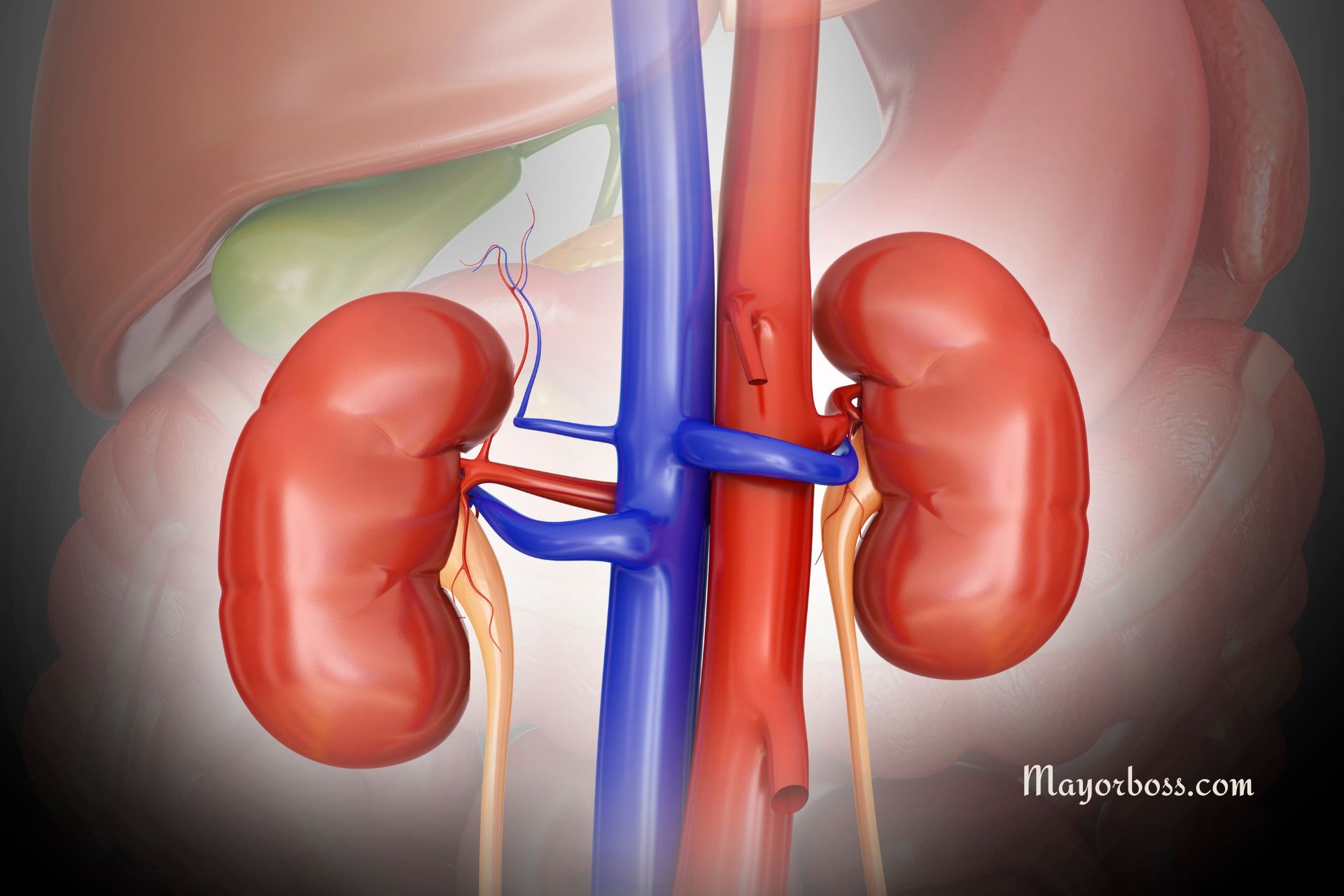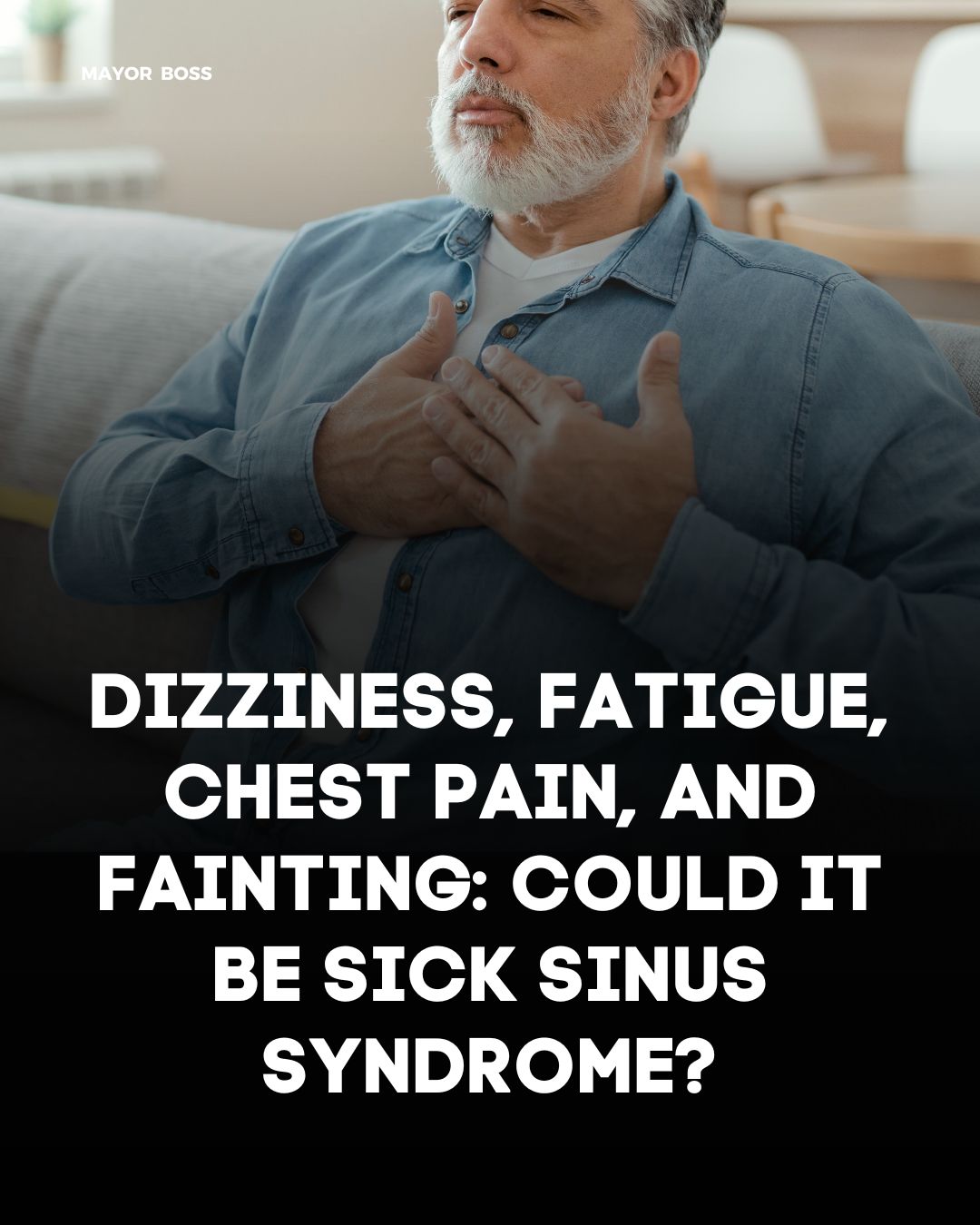What Is an Arrhythmia?
What Is an Arrhythmia?
An arrhythmia is a condition where your heart beats irregularly. This could mean your heart beats too fast, too slow, or with an uneven rhythm. While some arrhythmias are harmless, others can be serious or even life-threatening. Conditions like atrial fibrillation, tachycardia, and bradycardia are types of arrhythmias.
What Happens During an Arrhythmia?
When you have an arrhythmia, the electrical signals that control your heartbeats go haywire. Normally, your heart contracts and relaxes to pump blood. However, with an arrhythmia, this process gets disrupted. The heart may pump less efficiently, which can affect blood flow to the rest of your body. For some people, symptoms like shortness of breath, dizziness, or chest pain might occur.
Types of Arrhythmias
Atrial Fibrillation
This is the most common type. In atrial fibrillation, the upper chambers of your heart (the atria) beat chaotically. Because of this, blood isn’t pumped completely into the lower chambers, affecting how well your heart can pump blood to the rest of your body.
Tachycardia
In this case, your heart beats too quickly. Tachycardia can occur in either the upper or lower chambers of the heart. When the heart beats too fast, it can’t pump blood efficiently.
Bradycardia
Contrastingly, bradycardia is when your heart beats too slowly. A slow heartbeat might not be a problem if you’re healthy and don’t have any symptoms. However, it can be a concern if your heart isn’t pumping enough blood to meet your body’s needs.
What Causes an Arrhythmia?
Heart-Related Causes
Examples of heart-related causes include a heart attack, scarring of heart tissue, or changes to your heart’s structure. According to research, other heart conditions like high blood pressure can also contribute to developing an arrhythmia.
Non-Heart-Related Causes
These could be factors like stress, excessive caffeine consumption, and drug abuse. Even certain medications can cause your heart to beat irregularly.
How Is It Diagnosed?
If you’re experiencing symptoms, your doctor may recommend tests like an electrocardiogram (ECG) to monitor your heart’s electrical activity. Additionally, a Holter monitor could be used to track your heart rhythms over a period of 24 to 72 hours.

Treatment
Medication
Antiarrhythmic drugs can be used to restore a normal heart rhythm or to control the rate of an abnormal heartbeat.
Procedures
For more severe cases, medical procedures like electrical cardioversion may be required. This involves using electrical shocks to reset your heart’s rhythm.
Lifestyle Changes
Often, making lifestyle changes like reducing stress and limiting caffeine can help manage symptoms.
Frequently Asked Questions
Can Arrhythmias Be Harmless?
Yes, not all arrhythmias are life-threatening or symptomatic. For some people, occasional heart palpitations could be the only experience they have with arrhythmias, and these are often harmless. However, persistent arrhythmias, especially those that cause symptoms like dizziness, shortness of breath, or chest pain, should be evaluated by a healthcare professional.
What Are the Symptoms of an Arrhythmia?
The symptoms can vary widely, depending on the type and severity of the arrhythmia. Common symptoms include heart palpitations, feeling like your heart is racing, dizziness, shortness of breath, and fatigue. In more severe cases, you might experience chest pain or even lose consciousness.
How Can I Prevent an Arrhythmia?
Prevention often involves managing underlying conditions and making lifestyle changes. For instance, controlling high blood pressure and cholesterol levels can reduce your risk. Additionally, avoiding excessive caffeine and alcohol, as well as recreational drugs, can be beneficial. Exercise and stress management techniques, such as meditation, can also help.
Do I Need Medication for an Arrhythmia?
Whether or not you need medication will depend on several factors, like the type of arrhythmia, whether you’re experiencing symptoms, and whether you have other health conditions. Medications like beta blockers or antiarrhythmic drugs may be prescribed to manage your heart rate or rhythm. Always consult your healthcare provider for a tailored treatment plan.
Is Surgery an Option for Treating Arrhythmias?
In some cases, yes. Procedures like catheter ablation can be used to destroy small areas of heart tissue that may be causing the irregular rhythm. Other devices like pacemakers or implantable cardioverter-defibrillators (ICDs) can also be implanted to help regulate heart rhythms. Surgical options are typically considered when other treatments have failed or when the arrhythmia is severe.






